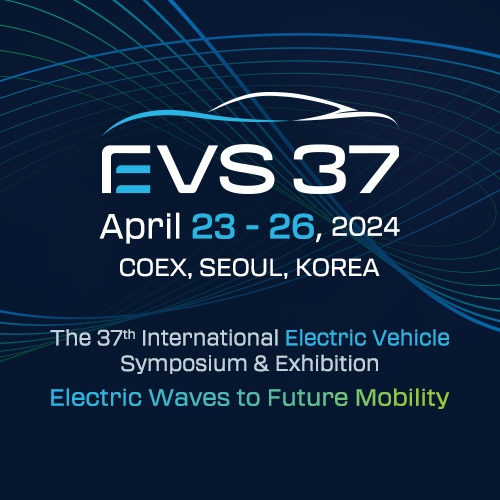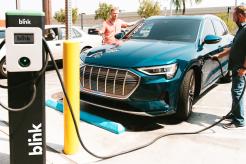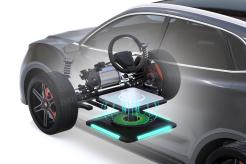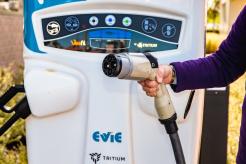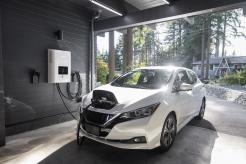The freighting industry is undeniably moving towards full electrification, not just for environmental reasons. According to a study by the Department of Energy, zero-emissions trucks will be cheaper than diesel-powered trucks by 2035. For both trucks used for long-haul freight transportation and vans used for last-mile delivery, the benefits of electrification far outweigh the challenges.
This guide will outline the top players electrifying both vans and trucks in 2023.
1. UPS
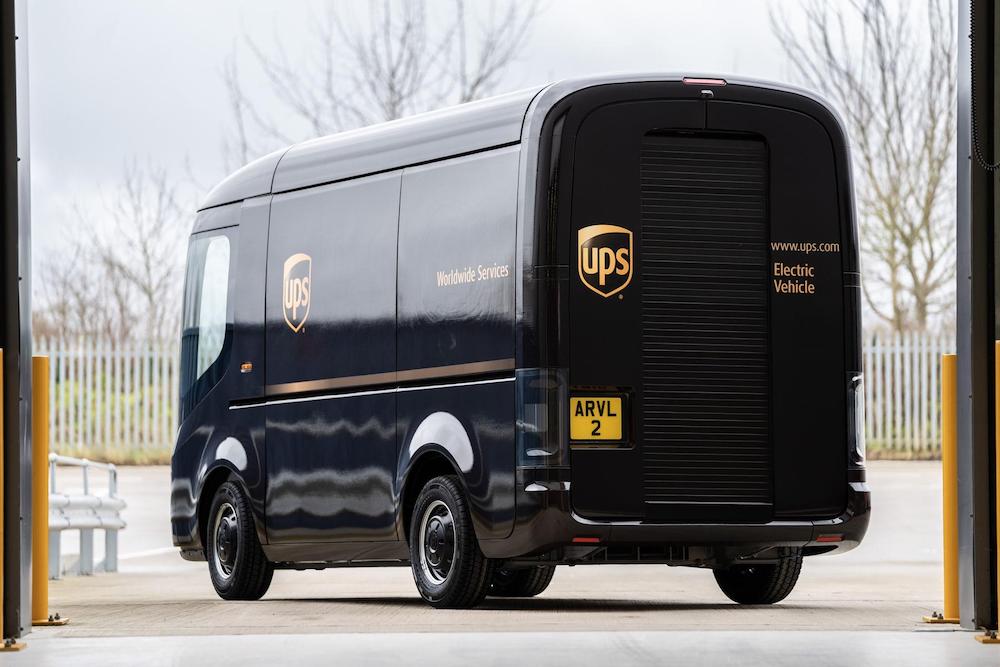
UPS has long been ahead of the curve in electric vehicles, having invested in and researched the technology for nearly a century. Nowadays, the iconic parcel service boasts a global fleet of more than 13,000 alternate fuel vehicles and 1,000 electric and hybrid vehicles as it works towards total carbon neutrality by 2050. Soon, UPS will partner with rising EV company Arrival for a sleek new line of electric vans.
2. Arrival
Speaking of Arrival, the British electric van maker is moving towards larger-scale production after completing its first battery van in September 2022. As part of its commitment to minimizing its carbon footprint, Arrival is pioneering local, robotic assembly micro-factories for EV production. With backing from Hyundai, Uber, and UPS, Arrival is well-positioned for global growth in the years to come.
3. FedEx
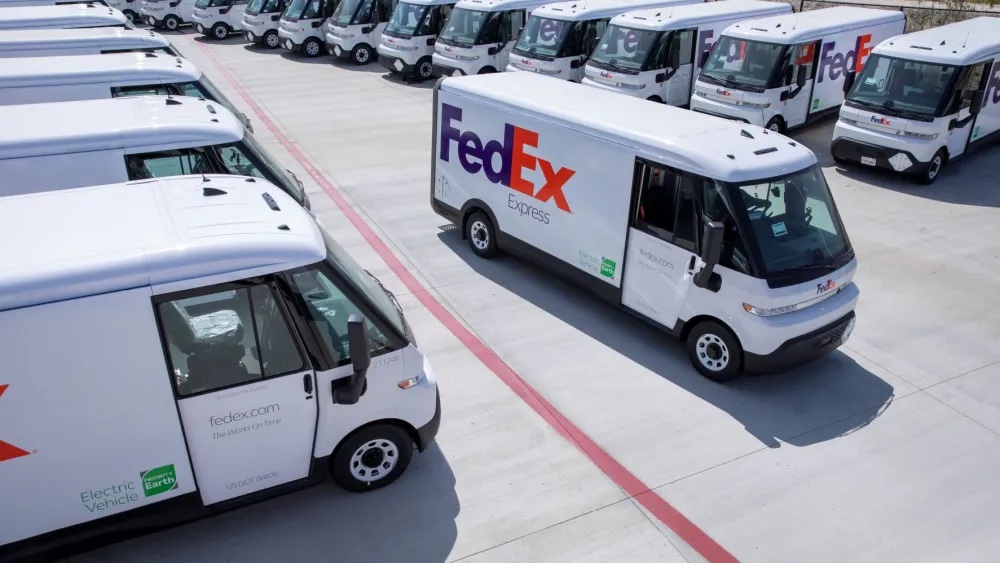
(Image Source: FedEx Newsroom)
Another long-time EV supporter, FedEx, has been using electric vehicles in its fleet since the early 2000s. The company currently operates nearly 700 EV trucks across Europe and the US and doesn’t plan to slow down anytime soon. By 2025, FedEx expects one-quarter of its European delivery fleet to be electric. By 2030, FedEx plans to purchase electric parcel pickup and delivery trucks exclusively. Most recently, FedEx partnered with BrightDrop to expand its US electric fleet.
4. BrightDrop
BrightDrop is a relatively new EV company making waves in the industry with its innovative EV products and services. Among its offerings is an all-electric cargo van called BrightDrop Zevo, a “smart cart” for delivery operations called the Trace eCart, and proprietary software for delivery network management. In 2022, Fast Company recognized BrightDrop with an Innovation by Design Award.
5. DHL
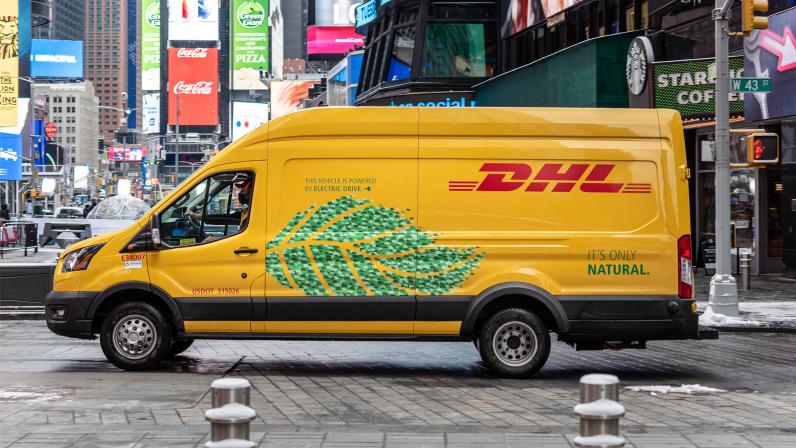
(Image Source: DHL.com)
Another global leader in EV adoption, DHL has commissioned nearly 20,000 electric vehicles in partnership with EV startup StreetScooter. This tally includes electric vehicles, scooters, bicycles, and tricycles. In 2018, DHL worked with Ford to launch the StreetScooter WORK XL – an EV truck that can haul up to 500kg of cargo. DHL plans to have a fully electric fleet of 80,000 vehicles by 2030.
6. Bedeo
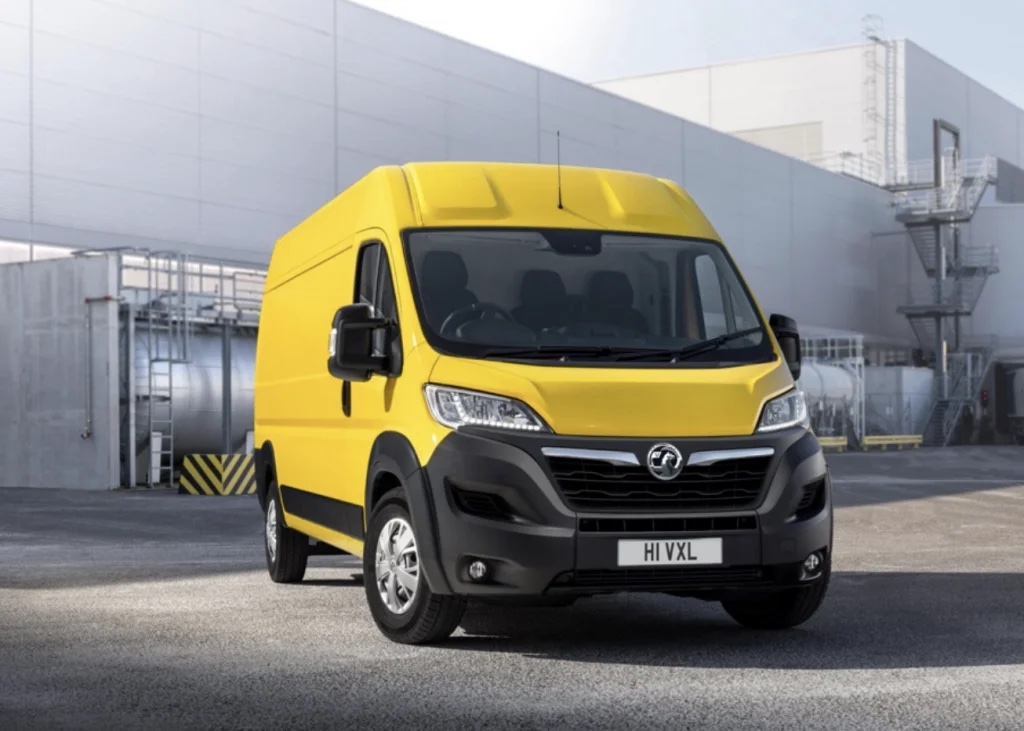
(Image Source: Bedeo.tech)
Bedeo builds large electric vans for last-mile delivery fleets with the express intention of reducing both air and noise pollution. They produce zero-emission engines and work with various European delivery brands, including DHL, Ocado, DPD, and TNT. In 2021, Bedeo acquired Protean Electric, an automotive tech company known for its efficient in-wheel motor technology.
7. Rivian
Rivian is a major EV company that’s been making headlines recently. In 2019, it unveiled its R-Series EV trucks and vans. Rivian has also partnered with Amazon to develop a new line of EV delivery vehicles. These vans boast various innovative safety features, including automatic braking, collision warnings, and adaptive cruise control.
8. Amazon
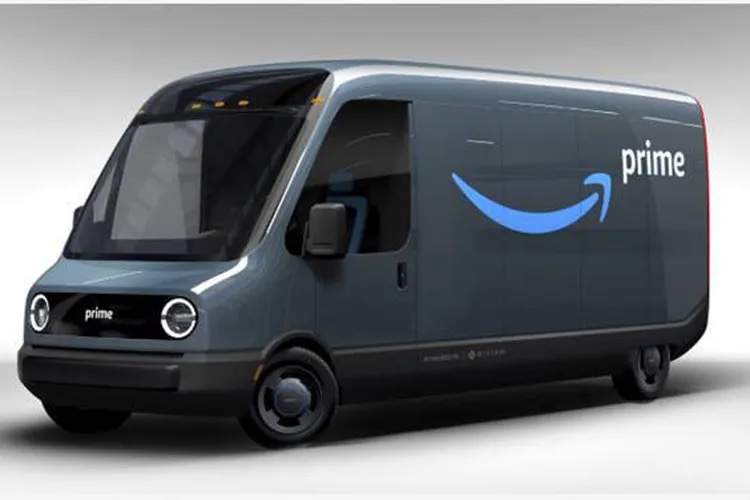
(Image source: theverge.com)
Of course, Amazon is one of the most prominent players in the EV space. In 2019, the online retail giant announced that it had ordered 100,000 EV vans from Rivian. And in October 2022, Amazon announced it would spend 1 billion euros on building electric vans and trucks in Europe. Due to the sheer scale of Amazon’s delivery operations, it’s hard to overstate how impactful their shift to electric vehicles will be: in 2021 alone, the company claims that zero-emission vans delivered an astounding 100 million packages.
9. Workhorse Group
Workhorse Group is another EV company focused on commercial vehicles. In 2018, Workhorse launched its W-15 EV pickup truck, which has a range of 80 miles and can haul up to 2000 pounds. Workhorse’s W4 CC flexible chassis truck can haul up to 7,000 pounds of payload, and its C Series van can handle up to 13,000 pounds. The company also manufactures EV vans and drones for last-mile delivery.
10. Kenworth
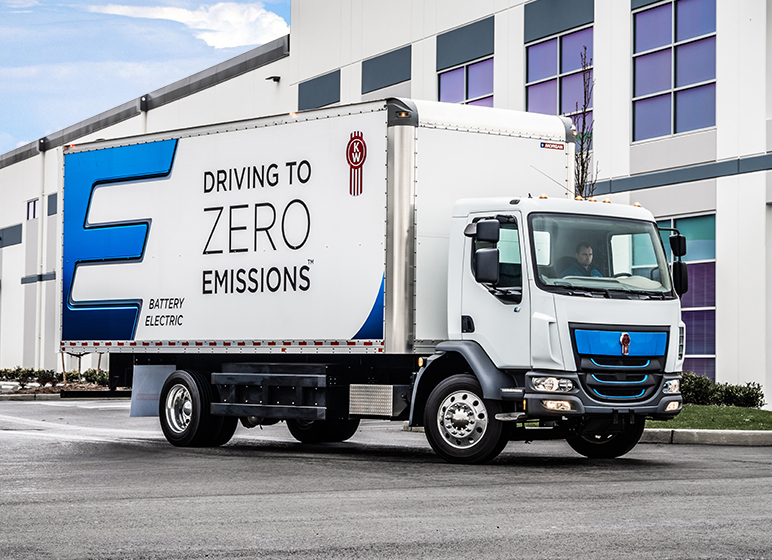
(Image Source: Kenworth.com)
Kenworth is a leading truck manufacturer that has been working on EV trucks for years. Kenworth’s unveiled its first EV truck, the T680E, in 2018. Since then, Kenworth has worked on various EV trucks and vans, including the all-electric T270 and T370 delivery trucks. Kenworth is also developing a new line of hydrogen fuel cell trucks.
11. Tesla
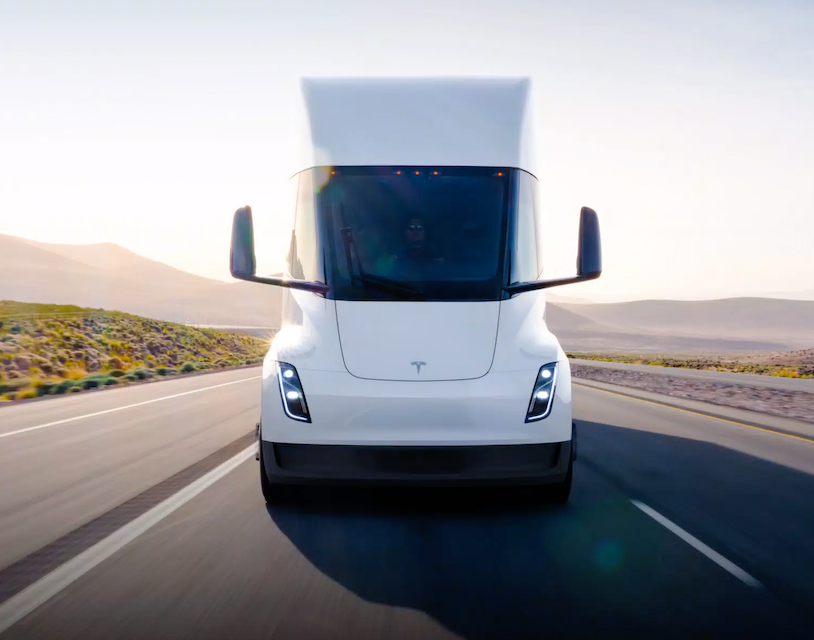
(Image source: Tesla.com)
Tesla is, of course, one of the most well-known EV companies in the world. In 2017, it launched its Semi EV truck, which features a range of 500 miles. Tesla’s Cybertruck, meanwhile, made waves for its hyper-futuristic look and is slated for mass production in 2023.
12. Volvo Trucks
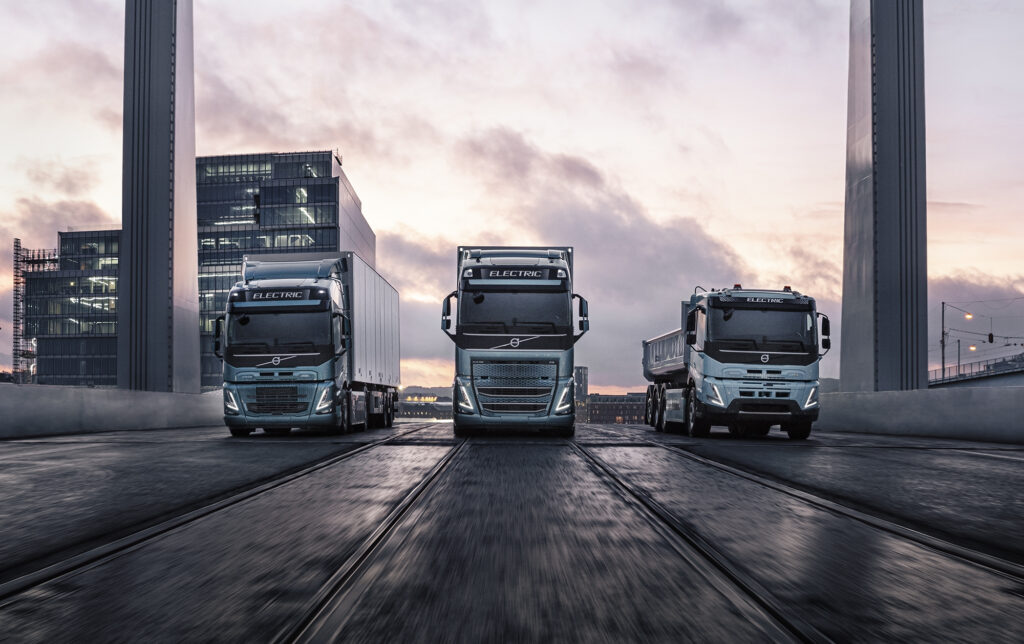
(Image source: Volvotrucks.com)
Volvo Trucks is another leading truck manufacturer that has been working on EV trucks for years. In 2015, it unveiled the FL Electric – an EV truck with a range of up to 186 miles. More recently, Volvo announced that it would supply 20 heavy-duty electric trucks to Amazon.
13. Bollinger Motors
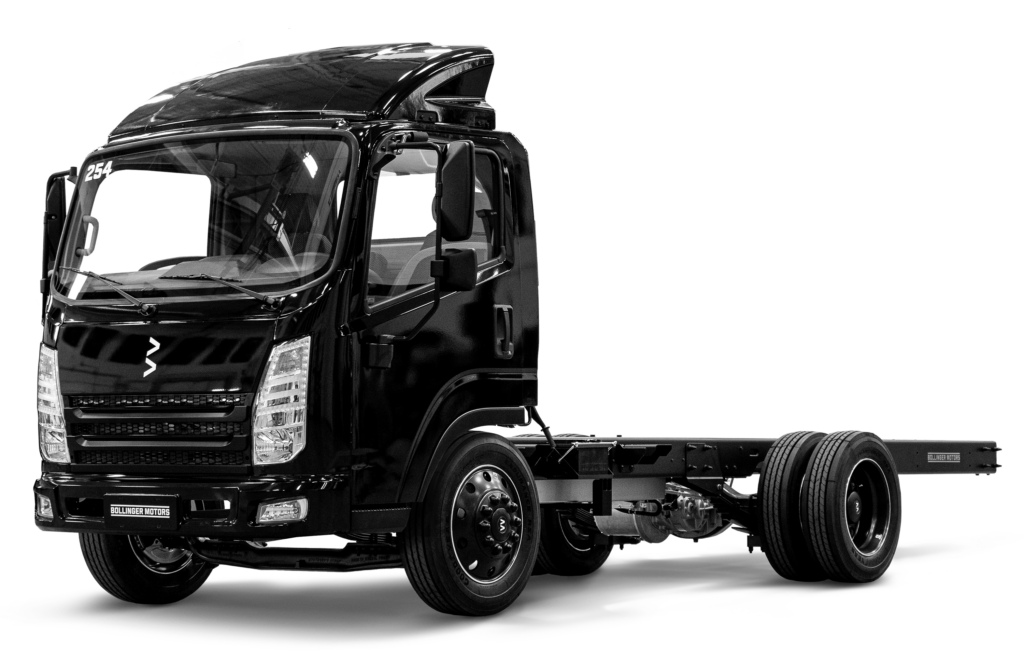
(Image Source: Bollingermotors.com)
Bollinger Motors is an EV company that’s focused on commercial vehicles. Its flagship product is the B-Series EV truck – which has a range of up to 200 miles. Bollinger is also developing a new line of EV vans.
What do you think? Are there any other EV truck or van companies that should be on this list? Let us know in the comments below.
Are you interested in learning more about EV Charging and Infrastructure? Join our upcoming Summit & Expo!

